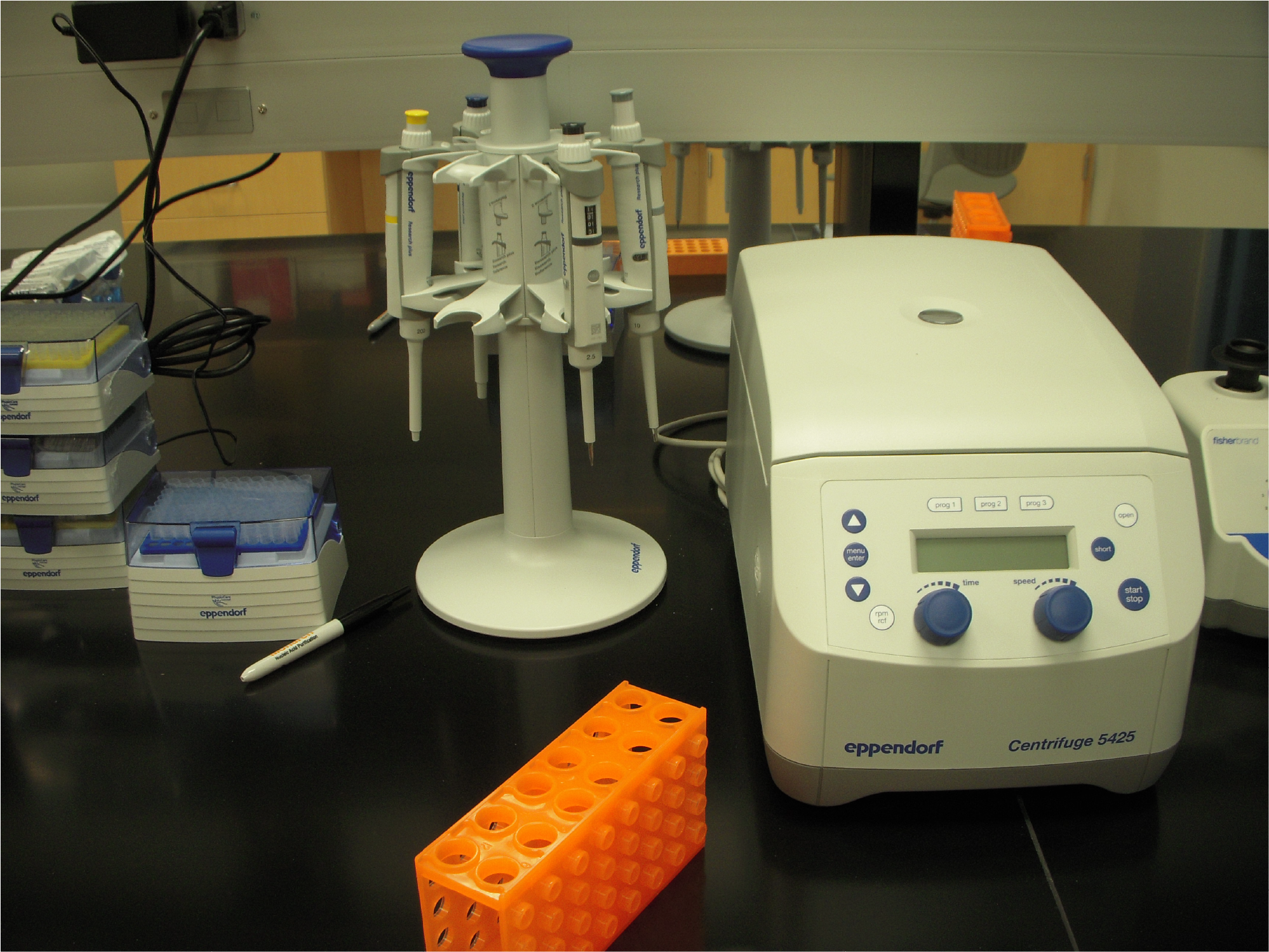Written by Austin Herbert (upcoming PhD student)
Week 7 (3/5/21) – We discussed Park, et al.’s paper on leveraging in silico approaches for predicting effects of non-coding variants on the dysregulation of RNA-binding proteins (RBPs) in respect to psychiatric diseases. RBPs have a diverse set of functions and play a key role in post-transcriptional regulation. They function in RNA splicing, transcript stability, localization and translation, all critical roles in wild-type metabolism of RNA. By coupling their already published program “Seqweaver” with GWAS data, the authors were able to accurately predict the effect of non-coding variants on RBP dysregulation. The validity of their in-silico method was proved through discovering a novel link between an RBP-disrupting variant in DDHD2 and a multi-ancestry-associated locus that increases the risk of schizophrenia. Finally, their published data set capturing common and ultra-rare variants will further advance the biochemical characterization of RBP-dysregulation and its contribution to complex diseases.
Upcoming (3/12/21) – Luke Hatfield will pick an article for discussion.
